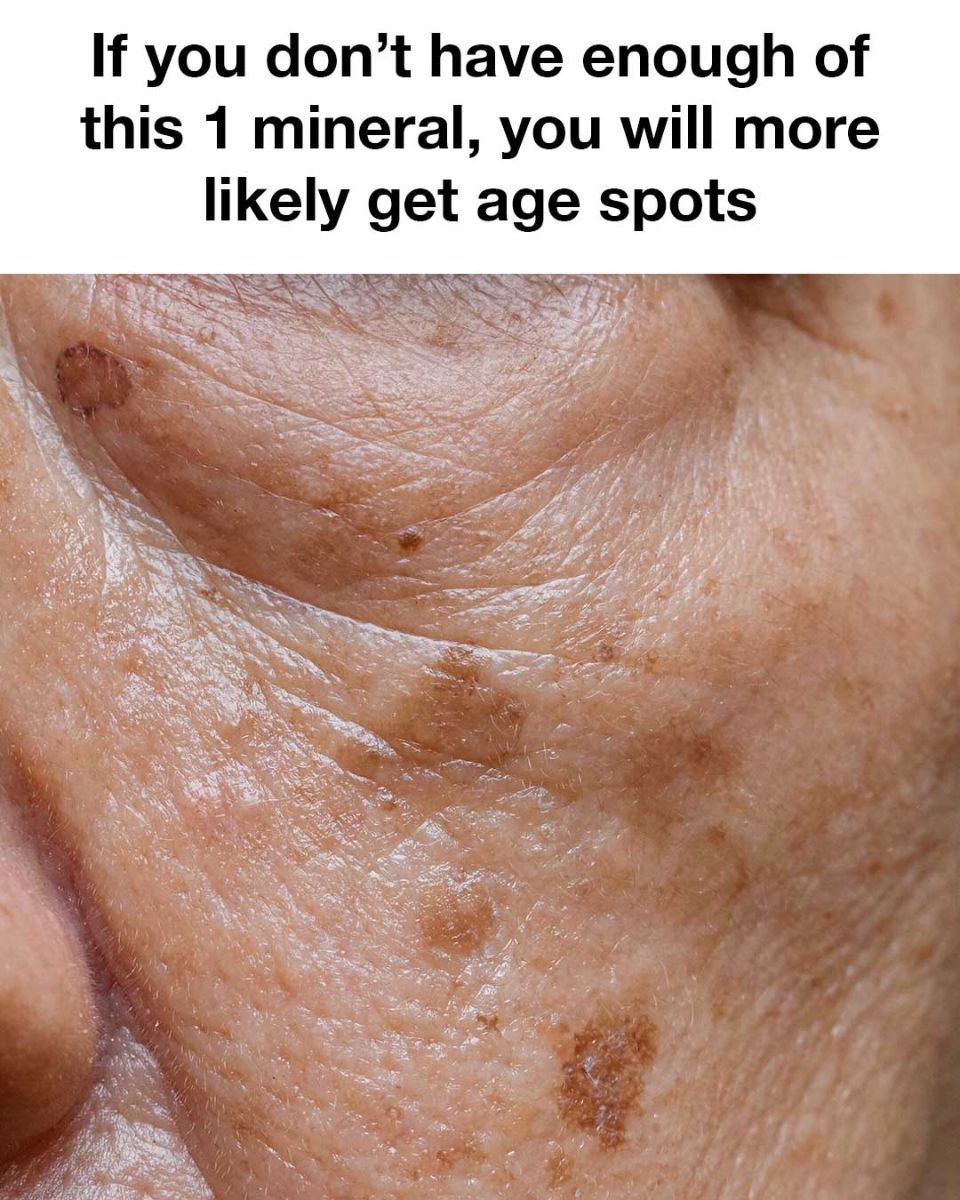ADVERTISEMENT
**Understanding the Role of Minerals in Skin Health**
When it comes to skin health, most of us focus on skincare products, hydration, and lifestyle habits like sleep and diet. However, many people overlook the essential role that minerals play in maintaining glowing, youthful skin. Minerals are key nutrients that our body needs in small amounts to function optimally, and they are especially vital for the health of our skin. From promoting hydration to protecting against environmental stressors, minerals are an often underestimated ally in the quest for beautiful, healthy skin.
In this article, we will explore the important minerals for skin health, how they contribute to a radiant complexion, and how you can incorporate them into your daily routine.
### **Essential Minerals for Skin Health**
1. **Zinc: The Skin Protector**
Zinc is one of the most vital minerals for skin health. It plays a crucial role in the synthesis of collagen, which is essential for the skin’s structure and elasticity. Zinc is also known for its anti-inflammatory properties, making it helpful in treating conditions such as acne, eczema, and psoriasis. By regulating the activity of certain enzymes, zinc supports the immune system and helps protect the skin from harmful bacteria, pollutants, and UV damage.
**How to get zinc:**
– Zinc-rich foods include oysters, beef, pumpkin seeds, chickpeas, lentils, and cashews.
– Topical products like zinc oxide are commonly used in sunscreens to protect the skin from UV radiation.
2. **Magnesium: The Skin Rejuvenator**
Magnesium is essential for maintaining healthy skin, as it helps regulate hydration, reduces inflammation, and supports the body’s natural detoxification processes. It also plays a role in collagen production and helps maintain skin’s elasticity, making it a great mineral for fighting signs of aging like wrinkles and sagging.
Additionally, magnesium can help alleviate stress, which is a major trigger for various skin conditions, such as acne and eczema. By promoting relaxation, magnesium supports healthy skin through a more balanced hormonal environment.
**How to get magnesium:**
– Magnesium is found in foods like spinach, almonds, avocados, dark chocolate, and whole grains.
– You can also find magnesium-infused skincare products that help soothe the skin and promote relaxation.
3. **Copper: The Collagen Builder**
Copper is another crucial mineral that supports collagen and elastin production, which are key proteins that maintain the skin’s firmness and elasticity. Copper also has antioxidant properties, meaning it can help protect the skin from free radical damage caused by sun exposure and pollution. This makes copper an essential mineral in combating premature aging and fine lines.
Moreover, copper has been shown to help with wound healing, making it particularly beneficial for individuals with scars or skin injuries.
**How to get copper:**
– Copper is abundant in foods like shellfish, seeds, nuts, whole grains, and organ meats.
– Copper peptides are also a popular ingredient in skincare products, helping promote skin regeneration.
4. **Selenium: The Antioxidant Defender**
Selenium is a powerful antioxidant that helps protect the skin from oxidative stress, which can lead to premature aging and damage from free radicals. It also helps with the skin’s defense against harmful UV rays, reducing the risk of sunburn and long-term damage. Selenium can also help prevent and alleviate inflammation, making it valuable for individuals with conditions like acne or rosacea.
**How to get selenium:**
– Selenium is found in foods like Brazil nuts, tuna, turkey, eggs, and brown rice.
– Some skincare products include selenium for its antioxidant benefits.
5. **Calcium: The Skin Barrier Strengthener**
Calcium is essential not only for strong bones and teeth but also for skin health. It helps maintain the integrity of the skin’s barrier, ensuring that moisture stays in and harmful bacteria and pollutants stay out. Proper calcium levels help keep the skin hydrated, reducing dryness and irritation. Additionally, calcium is important for the regeneration of skin cells, which keeps the skin looking fresh and youthful.
**How to get calcium:**
– Calcium is most commonly found in dairy products like milk, cheese, and yogurt. Non-dairy sources include tofu, leafy greens, and fortified plant-based milks.
For Complete Cooking STEPS Please Head On Over To Next Page Or Open button (>) and don’t forget to SHARE with your Facebook friends
ADVERTISEMENT
